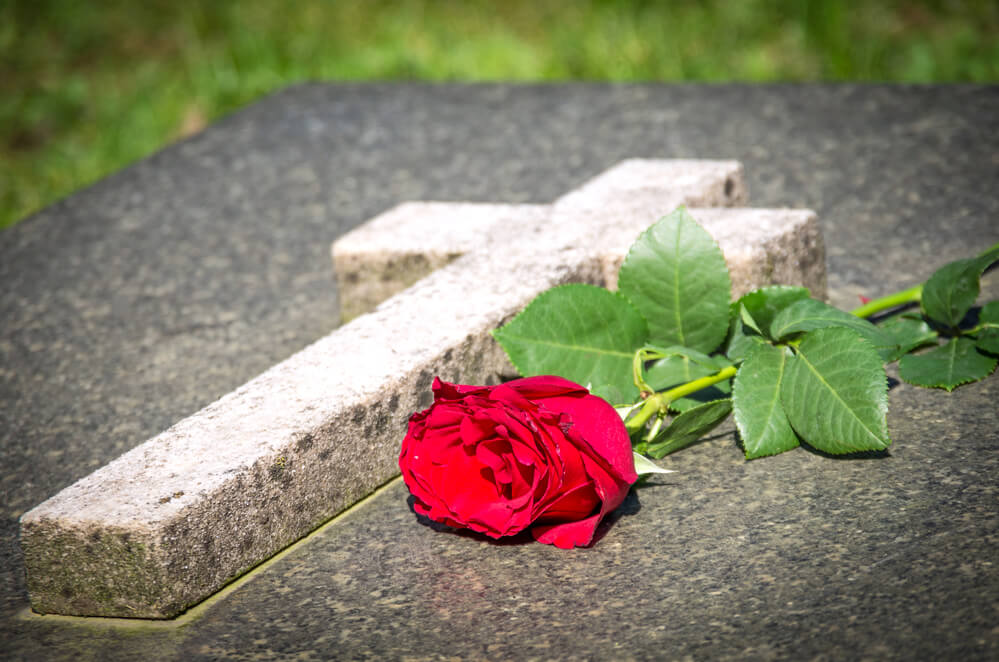Planning a funeral is emotionally and financially draining. However, when a loved one departs from this world it can be one of the most satisfying ways to gain closure and say your goodbyes. If you’re responsible for making the arrangements, but aren’t sure where to start, these tips will help.
Plan in Advance
Of course, this isn’t always possible, but don’t feel guilty about preparing for the inevitable. Finding suitable suppliers for the event – funeral director, florist, minister, and doctor – will save you a great deal of time and stress. When you’re in mourning it’s all too easy to make rash decisions that you’ll regret in the long run. Having a list of trusted people to call upon when the time comes will allow you to focus all of your efforts on the logistics of the event.
Pay in Advance
Funeral costs are taken out of the deceased’s estate before any inheritance funds are paid out to the next of kin; however, not everyone has savings. Sometimes paying in advance will save you from a huge financial shortfall. There are plenty of options out there, such as payable-on-death (POD) bank accounts, funeral insurance and pay-in-advance plans with funeral directors.
Take Wishes into Account
While you’re under no legal obligation to acknowledge the wishes of the deceased – even if it’s stated in their will – you have a moral duty to provide them. If they’ve made requests, half of your job is already complete. Otherwise, have a think about what they enjoyed in life, such as their favourite flowers, music and venues.
Contact Several Funeral Directors
Finding the right funeral director is paramount. Consult at least three different companies and see who you gel with the most. Request a consolidated written breakdown of the costs, ensuring that the services, legal costs, merchandise and professional fees are all taken into account. If you have special requirements make sure your chosen company will cater to your needs before putting pen to paper. Lastly, only use funeral directors that are registered with the National Association of Funeral Directors.
Choose Flowers or Donations
Most guests will bring flowers, unless asked otherwise; however, in most modern funerals relatives of the deceased will request charity donations instead of flowers. If taking this approach, choose a charity that was close to the deceased’s heart. Make sure you include instructions about where to send the money.
Choose the Disposition
There are three types of disposition: burial, entombment and cremation. Burial requires purchasing a plot of land from the cemetery or churchyard. Entombment requires the purchase of land, but also the construction of a tomb or mausoleum. Cremation reduces the remains to ashes and it the most common and cheapest form of disposition. Churchyards often have strict guidelines. Make sure you check with the local parish if you’re planning a burial to ensure the headstone will adhere to the rules.
Make it Original
Don’t be afraid to go against the grain and arrange a funeral that doesn’t conform to the norm. After all, it should characterise the deceased and showcase their distinct personality. If it feels more fitting to hold the memorial service at an unconventional place of interest, rather than a church, do so. Everything about the ceremony should reflect the life of the dearly departed in order to eulogise their memory in the best possible way.
Arranging the funeral of a loved one is the most personal and noble ways to honour their memory. It’s something that you’ll look back on for years to come with proud memories. While it’s certainly a difficult affair to undertake, you’ll come away feeling stronger than ever.

